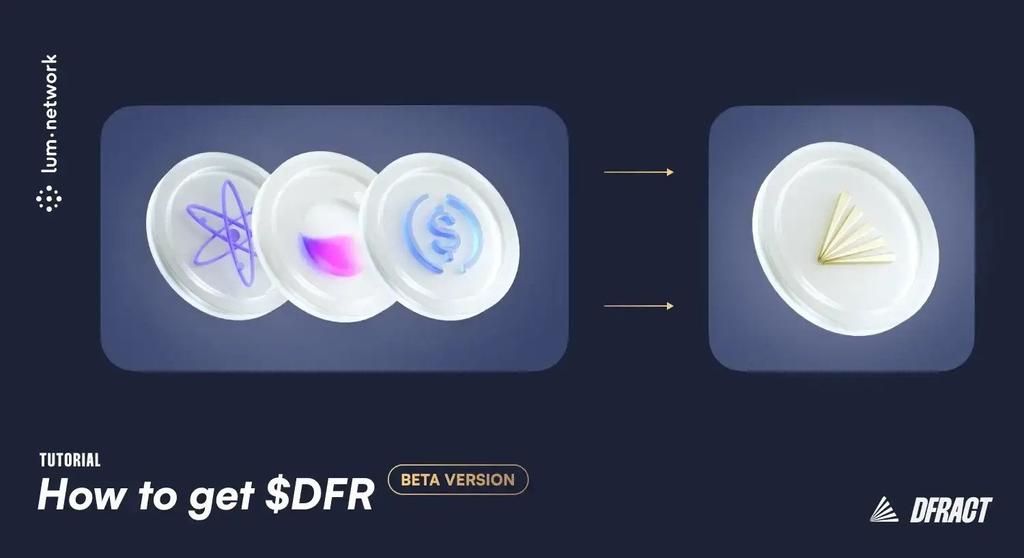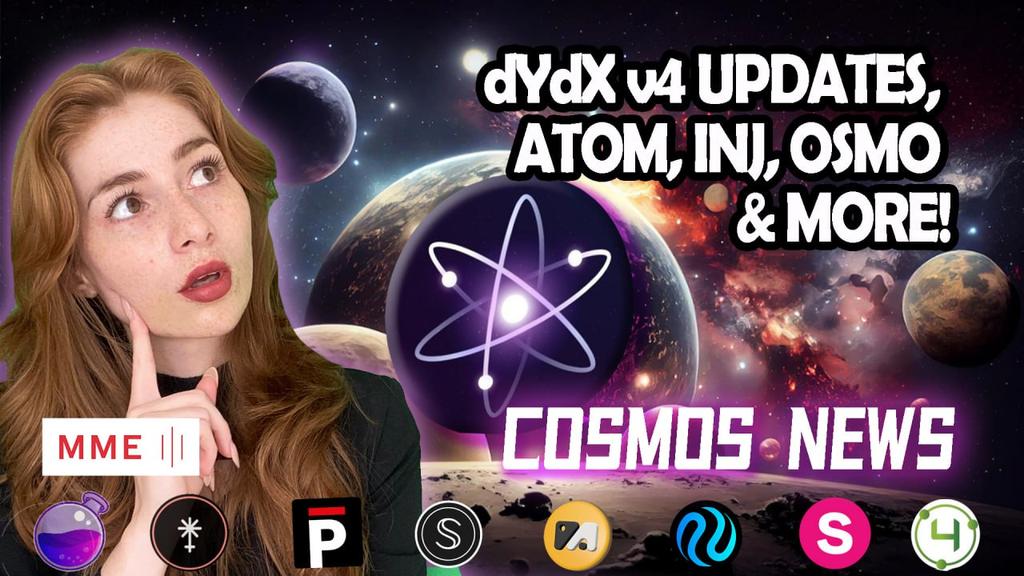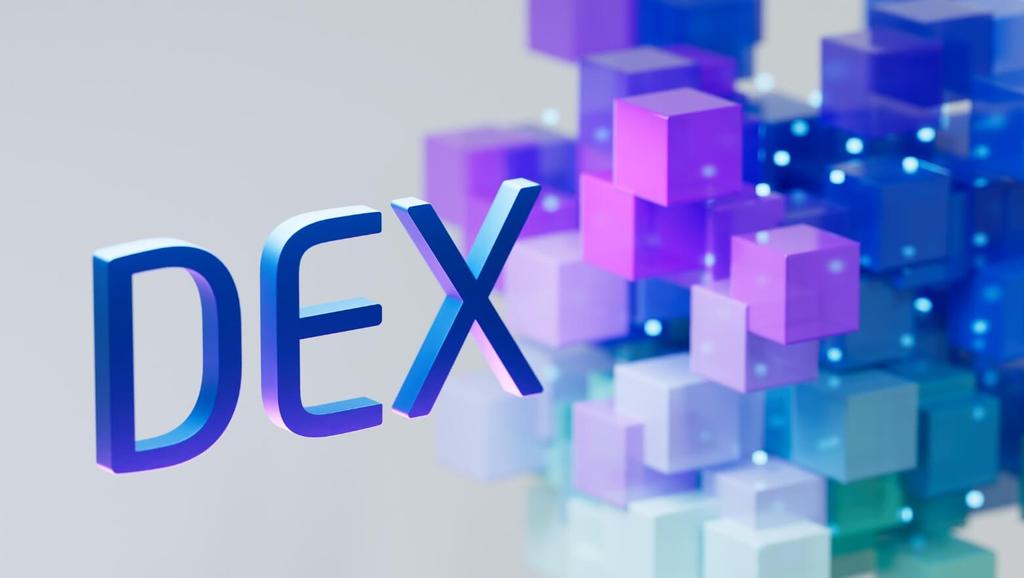Overview
Verus is a decentralized blockchain platform designed to empower individuals and communities with robust and flexible tools for building Web3 applications. The platform combines proof-of-work (PoW) and proof-of-stake (PoS) to achieve enhanced security, decentralization, and environmental sustainability. Verus is maintained as an open-source project, fostering collaboration and innovation across its global community of contributors.
Public Blockchains as a Service (PBaaS)
Verus introduces Public Blockchains as a Service (PBaaS), a novel feature enabling the deployment of independent, interoperable blockchains within minutes. PBaaS chains are customizable and can function as standalone networks while maintaining seamless connectivity with the Verus ecosystem. This feature is tailored for various applications, from decentralized finance and gaming to enterprise-level implementations.









